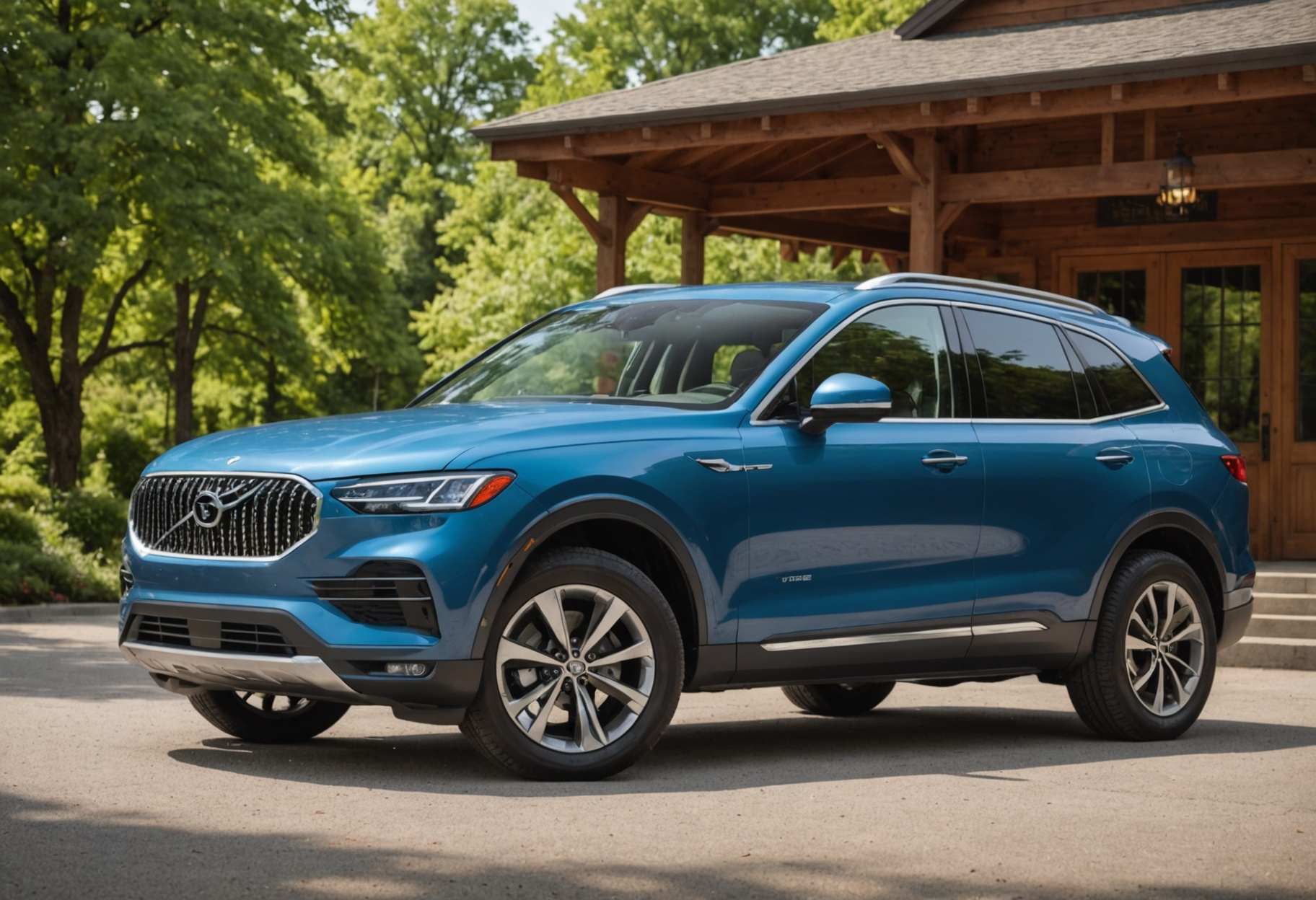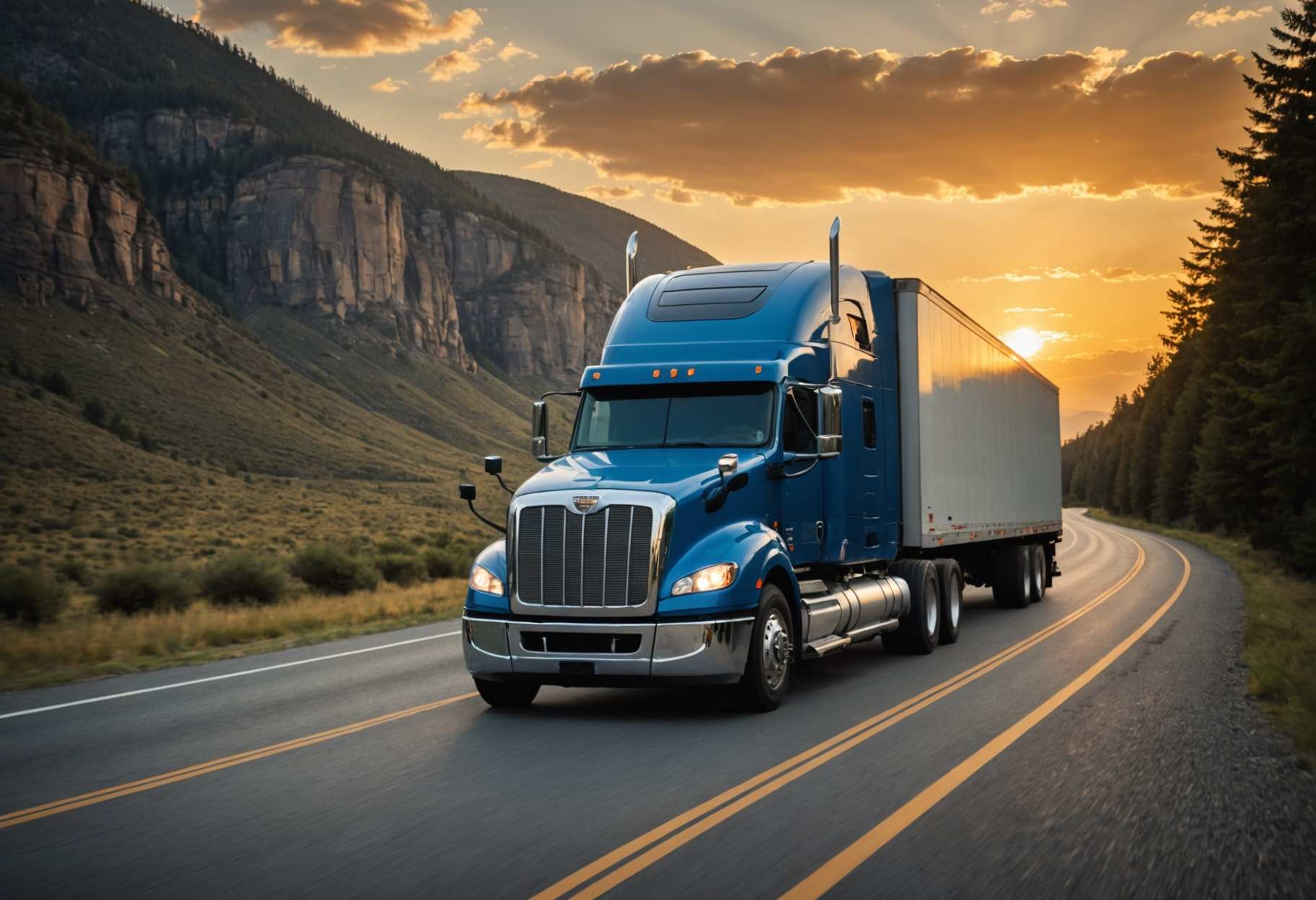How to Choose the Perfect SUV Size for Seniors

SUVs are available in a range of sizes, from compact crossovers to full-sized models. For seniors, selecting the ideal size is crucial, as it involves a careful balance of convenience, comfort, and safety. Below, we explore key considerations and tips for seniors to identify the most appropriate SUV size.
Evaluate Personal Needs:
Driving Patterns: Urban dwellers may favor compact SUVs for their ease of parking and handling, while those in rural areas or those who frequently embark on long trips might lean toward midsize or larger SUVs.
Passenger and Cargo Needs: Seniors who often travel with family or need to transport substantial cargo may find larger SUVs more suitable.
Health and Mobility: Compact SUVs often feature lower ground clearance, making entry and exit easier. Yet, larger SUVs may offer greater cabin space, beneficial for individuals using mobility aids.
Consider Safety Features:
Stability: Generally, larger SUVs provide enhanced stability, especially under challenging conditions, crucial for seniors living in areas prone to snow or rain.
Visibility: The elevated driving position of larger SUVs can lead to improved road visibility.
Advanced Safety Tech: While most modern SUVs come equipped with varying safety features, it is important to ensure that even compact models include essential technologies like Automatic Emergency Braking (AEB) and Lane Keeping Assistance (LKA).
Factor in Cost Implications:
Purchase Price: Larger SUVs typically have higher upfront costs.
Fuel Efficiency: Compact SUVs generally demonstrate better fuel efficiency compared to their larger counterparts.
Maintenance Costs: Larger vehicles may incur increased maintenance costs for parts and servicing.
Drive and Comfort:
Ride Comfort: Larger SUVs usually provide a smoother ride, adept at absorbing road imperfections.
Driving Experience: Compact SUVs tend to offer a more car-like driving sensation, while larger models may feel more robust.
Interior Amenities: Depending on the make and model, larger SUVs often come with more luxury features.
Future Proofing:
Resale Value: Certain SUV sizes may retain better resale value depending on market trends.
Changing Needs: While a compact SUV may be adequate presently, anticipating future requirements, such as accommodating increased family visits or carrying larger items, can influence the decision.
Technological Upgrades: Choosing an SUV that allows for future tech enhancements is a prudent consideration.
Closing:
Selecting the right SUV size necessitates a careful assessment of personal needs, safety features, budget, and future considerations. By thoroughly evaluating these factors, seniors can make an informed investment that ensures joy, convenience, and safety for years to come.
LATEST POSTS
- 1
 Dental Implant Innovations: Revolutionizing Modern Dentistry
Dental Implant Innovations: Revolutionizing Modern Dentistry - 2
 The Evolution and Impact of Dental Implant Technology on Oral Health
The Evolution and Impact of Dental Implant Technology on Oral Health - 3
 The Evolution of Trucking: Steering Towards a More Connected Future
The Evolution of Trucking: Steering Towards a More Connected Future - 4
 Trucking Along: The Backbone of Global Commerce
Trucking Along: The Backbone of Global Commerce - 5
 The Rhythms of the Road: Trucking’s Melody in the Economy’s Orchestra
The Rhythms of the Road: Trucking’s Melody in the Economy’s Orchestra
Share this article




